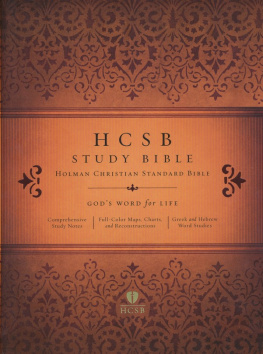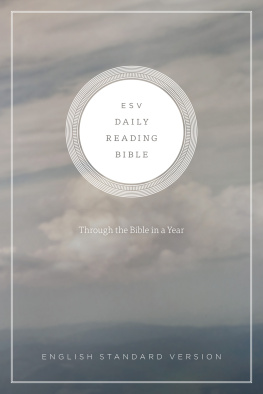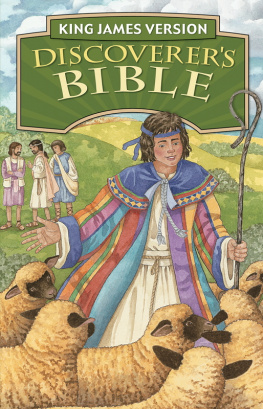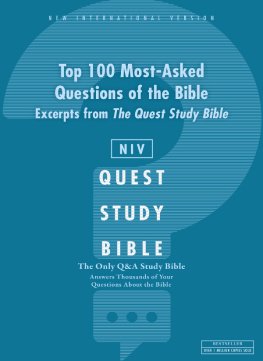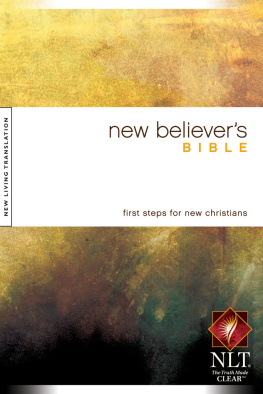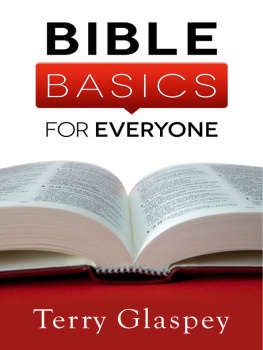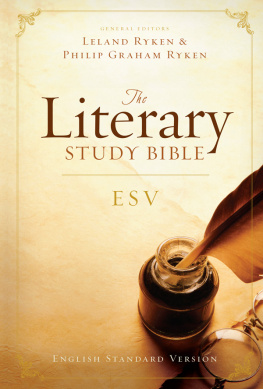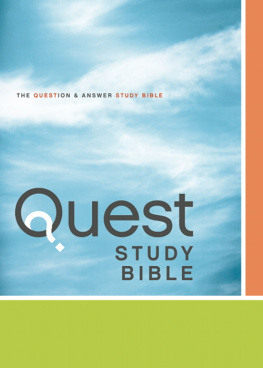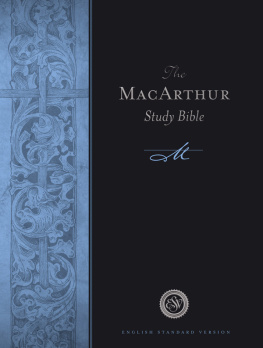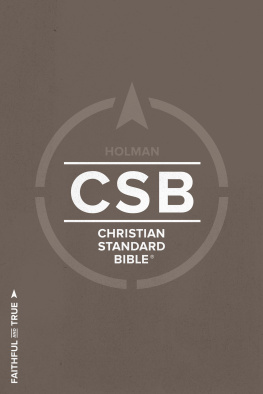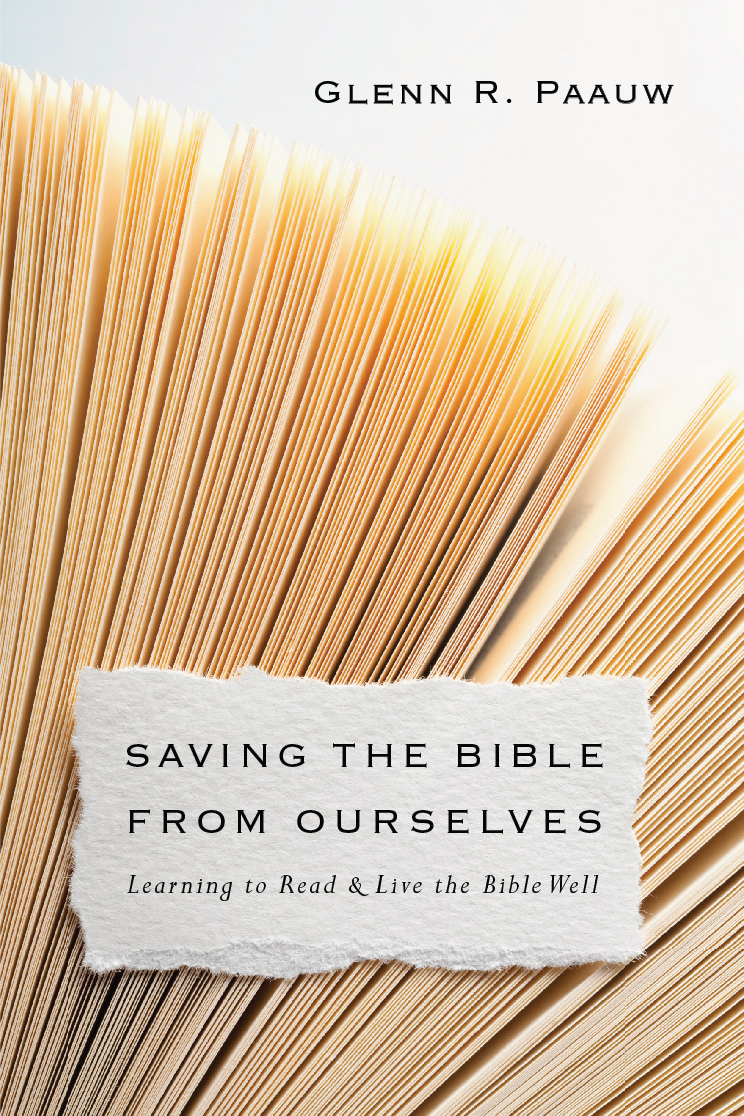GLENN R. PAAUW

InterVarsity Press
P.O. Box 1400,
Downers Grove, IL
60515-1426 ivpress.com
2016 by Glenn R. Paauw
All rights reserved. No part of this book may be reproduced in any form without written permission from InterVarsity Press.
InterVarsity Pressis the book-publishing division of InterVarsity Christian Fellowship/USA, a movement of students and faculty active on campus at hundreds of universities, colleges and schools of nursing in the United States of America, and a member movement of the International Fellowship of Evangelical Students. For information about local and regional activities, visit intervarsity.org.
All Scripture quotations, unless otherwise indicated, are taken from THE HOLY BIBLE, NEW INTERNATIONAL VERSION, NIVCopyright 1973, 1978, 1984, 2011 by Biblica, Inc.Used by permission. All rights reserved worldwide.
While any stories in this book are true, some names and identifying information may have been changed to protect the privacy of individuals.
Photos in figures 1.1, 1.2, 1.3, 1.4 and 2.1 are by Steve Crow.
Cover design: Cindy Kiple
Images: book pages: malerapaso/iStockphoto
torn paper edge: hudiemm/iStockphoto
ISBN 978-0-8308-9969-2 (digital)
ISBN 978-0-8308-5124-9 (print)
Library of Congress Cataloging-in-Publication Data
Names: Paauw, Glenn R., 1958- author.
Title: Saving the Bible from ourselves : learning to read and live the Bible
well / Glenn R. Paauw.
Description: Downers Grove : InterVarsity Press, 2016. | Includes
bibliographical references.
Identifiers: LCCN 2015050887 (print) | LCCN 2016002222 (ebook) | ISBN
9780830851249 (pbk. : alk. paper) | ISBN 9780830899692 (eBook)
Subjects: LCSH: BibleHermeneutics. | BibleCriticism, interpretation, etc.
| BibleReading.
Classification: LCC BS476 .P25 2016 (print) | LCC BS476 (ebook) | DDC
220.6dc23
LC record available at http://lccn.loc.gov/2015050887
Maybe, in the end, this is the best argument for higher purpose: that the history of life on earth is too good a story not to have been written.
Robert Wright
for M:
Beauty is truth, truth beauty
John Keats
Preface
I n the early 1990s George Barna spoke at a gathering of ministry leaders sponsored by International Bible Society. I had been at the Bible Society for a few years and had personally invested in their then 180-year-old mission of making the Bible widely available. But that night the ministry model I had bought into was challenged: easy access to well-translated Bibles isnt enough, he said. Bibles are everywhere in this country but the research shows an alarming disconnection problem. People find the Bible to be a difficult book, dont understand it, and are in fact abandoning it in droves.
His presentation made a deep impact on me. Right then and there I made a commitment: I dont know how long Ill work here, but for as long as I do I will not be content to just sell or distribute Bibles. I am going to work on understanding and overcoming this disconnection problem. I dont want George Barna Jr. coming back here in thirty years to tell us the same story.
In the late 1990s I was spending a leisurely morning in Moby Dickens bookshop in Taos, New Mexico, when it first really registered with me how differently the Bible is formatted compared to all the other books in that shop. They, I noticed, are so very readable. The Bible, I noticed again, is so very not.
A few years later, in the early 2000s, I was in a Sunday morning worship service at International Anglican Church in the sublime Shove Chapel on the campus of Colorado College. My Bible had a bookmark from Moby Dickens stuck in it. At one particular moment during the sermon the seven big ideas of this book came together in my mind. I pulled out that bookmark and wrote them all down on the back. That was the moment I decided I should try to write about them, and that bookmark remained my guide through the entire journey.
- Introduction -
Embarking
T his book is a journey to the center of the Bible. Some peoplethose prone toward counting thingswill tell you that the center of the Bible is Psalm 117, since there are 594 chapters before it and the same number following it. But counting is about precision, and verses, which measure smaller units, are more precise. Alas! There is no center verse of the Bible, since the overall count is an even number: 31,174 (in most English Bibles). But this may be a case in which counting is not the thing to do. I propose instead a voyage to the heart of the Bible, an exploration of the paths we might take to get there and a quest to unearth essential, but largely forgotten Bible practices.
The purpose of this book is to contribute to the construction of a new paradigm for engaging the Bible in the Christian community. It is an intervention for a Bible in crisis. Seven new Bibles will be introduced to the reader as steps on the path to recovering one deeply engaged Bible. The chapters are set up in groups. Each grouping reviews a key deficiency in how we currently see or interact with the Bible followed by a recommendation for a new presentation or practice.
My core argument is that for most of us, most of the time, small readings prevail over big readings. Small and big refer to more than the length of the passages we take in. I define small readings as those diminished samplings of Scripture in which individuals take in fragmentary bits outside of the Bibles literary, historical and dramatic contexts. Also implicated here is a correspondingly meager soteriologythat narrow, individualistic and escapist view of salvation so common among Christians. My hope is that these deficiencies will come to be corrected by big readings. These are the more magnified experiences that result when communities engage natural segments of text, or whole books, taking full account of the Bibles various contexts. This will foster the apprehension of the storys goal in a majestic regeneration that is as wide as Gods good creation.
Closely related to these small and big readings are various other aspects of our current Bible culture, including related issues such as our typical visual presentation of the Bible, the inseparable connection of the Bible to our complicated life on earth, the way we make sense of (or dont bother with) the library of Scripture as a whole, and the role of aesthetics in what we do with the Bible.
Overall, I examine some of the ways the Bible has fallen in contemporary Christianity, followed by my own proposals for the Bibles restoration. I believe the journey to the Bibles redemptionjust like our ownlies in incarnational recovery. Just as we require a holistic salvation that includes our bodies, so the Bible needs a restoration that includes its physical form. And the point of this redemptionalso similar to our ownis a retrieval of original purpose and intended mission. The Word of God was sent into the world to be an agent of Gods transformative power. When we harm the Bible, we hinder that errand.


